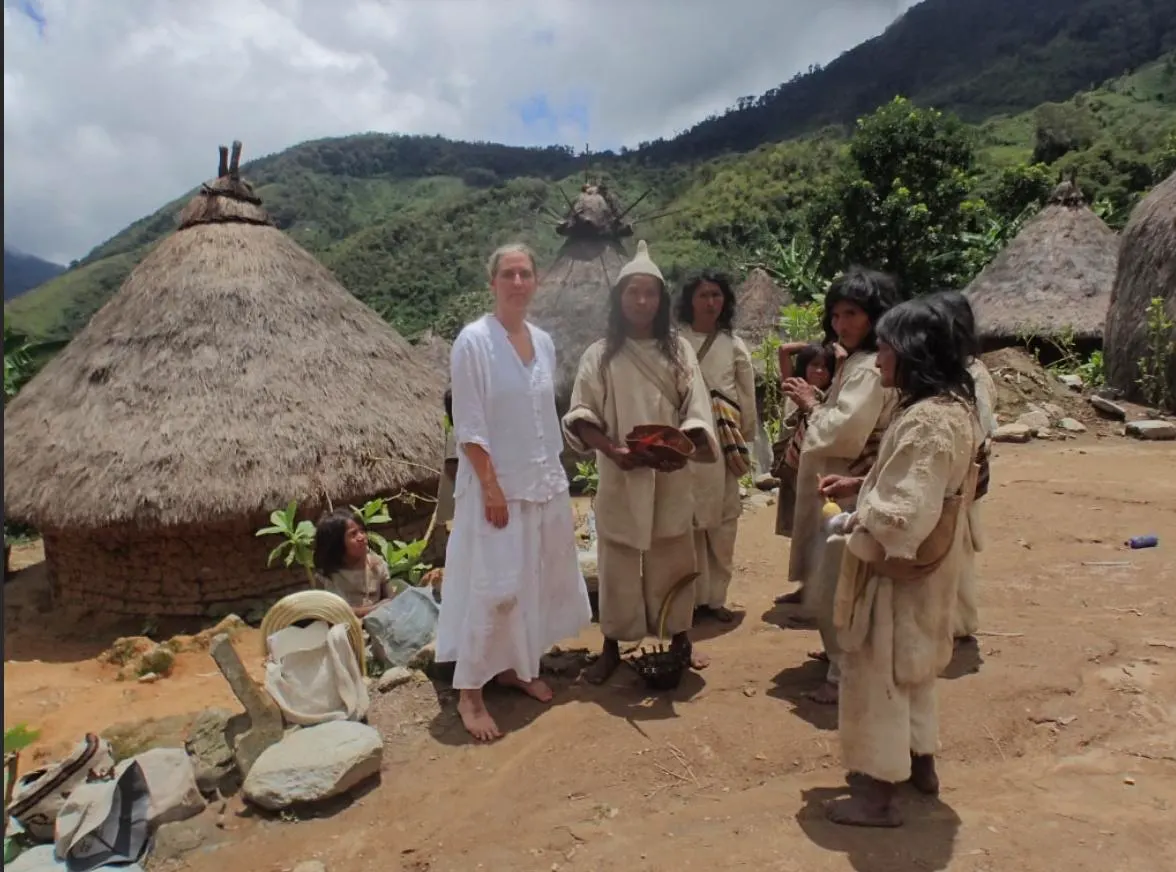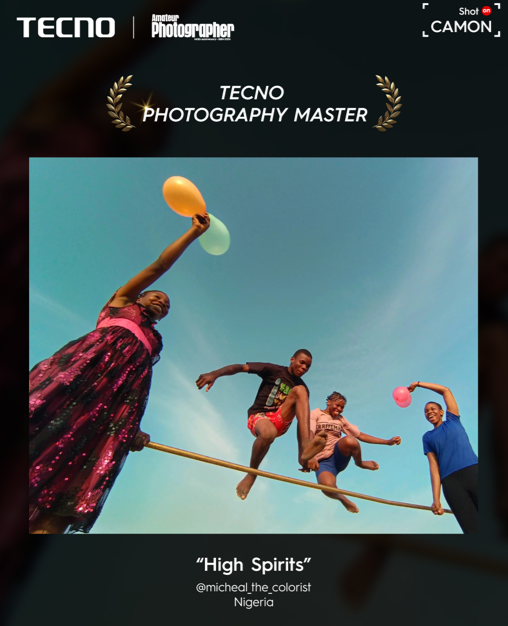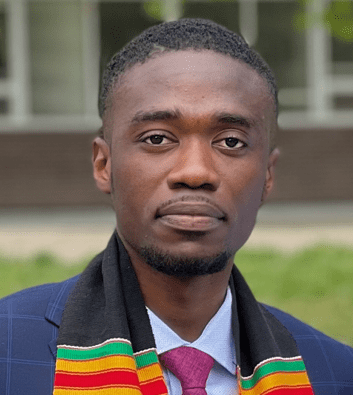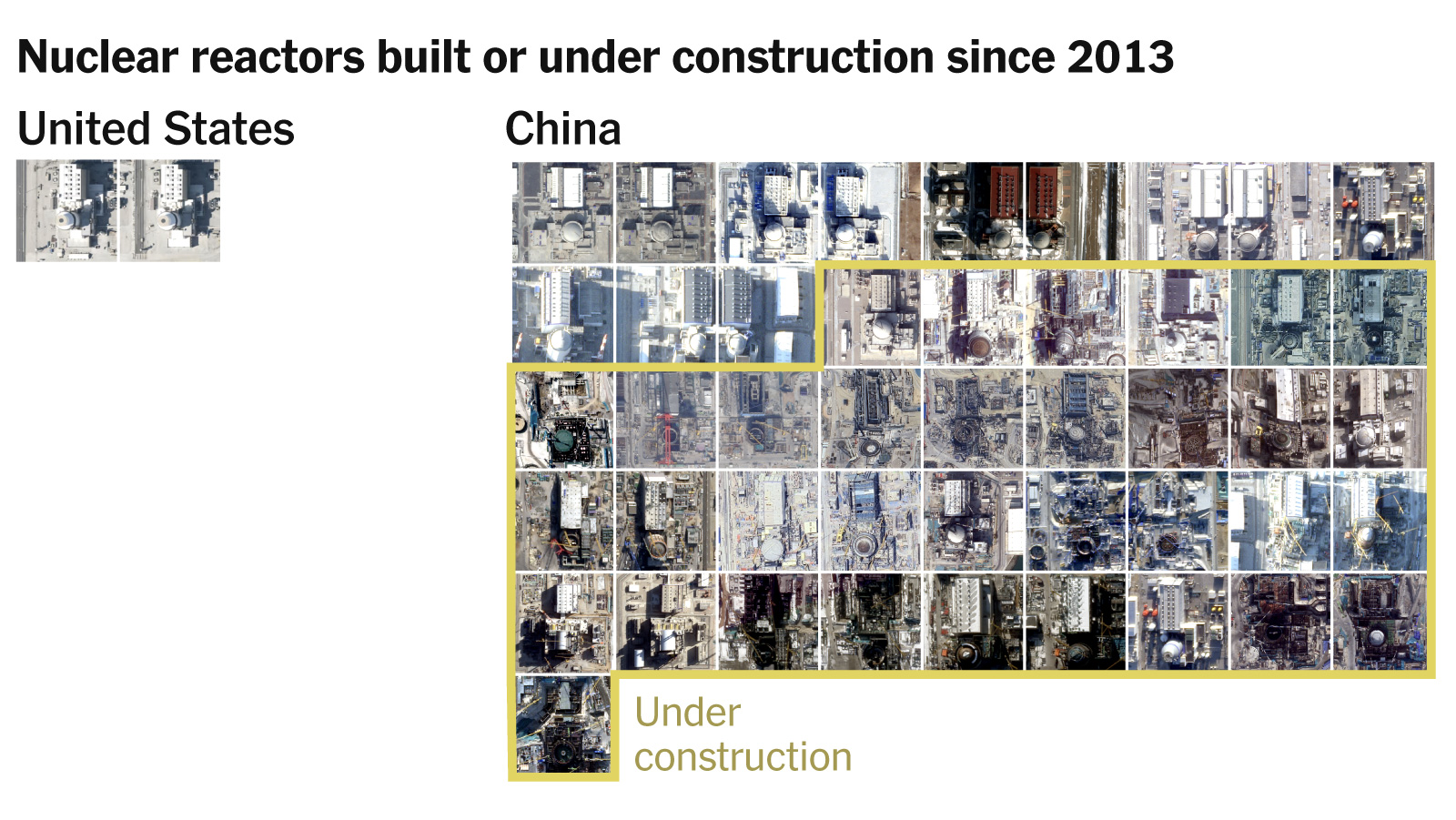Copyright Forbes

Miriam Delicado’s journey began with a deep-rooted passion for understanding people, animals, and nature, sparked by personal challenges and a spiritual drive to connect beyond societal limits. This led her to found The Great Gathering of Humanity Inc. in 2011, a 501(c)(3) nonprofit, where she serves as the Executive Director, Board Member, and visionary for 14 years, working to uplift marginalized communities. Starting with quiet conversations with Indigenous leaders globally, she built a platform that weaves ancient wisdom with modern action, trademarking initiatives like “One Voice, One People, One Earth” and “Humanity’s Global Weaving Project”. Today she is leading impactful projects, such as providing clean water to Maasai communities in Kenya, while expanding global dialogues to balance technology and resource protection. What sets Delicado apart is her visionary approach to tackling complex global issues, blending nearly 20 years of Indigenous advocacy with innovative solutions like water wells and tech-enabled dialogues through Humanity’s Global Weaving Project. Her unique journey from being denied an education at an early age and street life to building a world-recognized nonprofit demonstrates unrelenting determination, turning personal adversity into a force for equity and dignity. Delicado’s life is a story of resilience that challenges the tech-driven world to prioritize the impoverished, with a vision of offering a model of courage and collaboration that could reshape humanitarian efforts globally. Merging Ancient Knowledge With Modern Technology Delicado has had the opportunity to build relationships with Indigenous groups to bridge the gap between ancient knowledge and modern technology. “One example of support The Great Gathering gave was providing solar energy, internet access, and basic tools like binoculars, cameras, laptops, and cell phones to a remote conservancy office managed by the San Bushmen in Namibia. This infrastructure dramatically enhanced their capacity to monitor and protect the vast territory under their stewardship. The technology enabled real-time communication with authorities, digital documentation of wildlife and environmental data, and improved coordination of conservation activities across their extensive land. By supporting their existing expertise with appropriate tools, the project amplified the San Bushmen’s environmental management capabilities,” she explained. “The Great Gathering is currently fundraising for a clean water well project serving five Maasai communities in the Kijiado area of Kenya. The well would provide clean drinking water and support livestock watering and small-scale agricultural projects essential to their traditional way of life and survival. During the permitting process, the nonprofit discovered the Maasai had been allocated the land by the Government but hadn’t completed the legal paperwork. The necessary documentation was secured, ensuring permanent land rights for future generations. These communities currently rely on contaminated open water sources shared with livestock, creating serious health risks. The project is costly due to the remote location and infrastructure needed to protect the water source, but it addresses both immediate health needs and long-term community sustainability." Beyond integrating modern technology, one of the more pressing topics at hand is AI. AI presents both risks and opportunities for preserving Indigenous invaluable knowledge. While AI development will inevitably cause some environmental damage; the technology’s capacity to process and synthesize vast amounts of information could serve as a powerful tool for documenting and preserving Indigenous languages, cultural practices, and ecological wisdom before they disappear. AI could support the creation of comprehensive repositories in community-based education centers, ensuring that knowledge traditionally passed down orally is safeguarded for future generations. MORE FOR YOU For The Great Gathering, the critical question is whether AI developers will recognize and incorporate Indigenous perspectives on sustainability and natural balance into their datasets and decision-making frameworks. “Currently, most Indigenous knowledge remains outside digital systems, creating a gap between technological advancement and ecological wisdom. If AI could integrate both scientific data and Indigenous knowledge systems, it might help solve the fundamental challenge of achieving technological growth while maintaining environmental sustainability—essentially allowing ancient wisdom to guide our technological future. Indigenous peoples steward a disproportionate amount of the world’s remaining natural ecosystems. Despite comprising less than 5% of the global population, they protect 80% of global biodiversity and hold ownership or management rights over land that contains 37% of all remaining natural areas. Their traditional knowledge systems have sustained these ecosystems for generations, offering proven approaches to sustainable living that modern society desperately needs as we enter the AI era,” Delicado explained. AI As An Advancement For Human Life Bridging AI innovation and Indigenous environmental stewardship is the core problem Delicado solves. “The growing division caused by AI’s explosive growth widens inequalities by prioritizing technological progress over the needs of underserved communities who lack basic resources like water, food, education, as well as protection of natural resources and the right to self-determination. Through Humanity’s Global Weaving Project™, The Great Gathering facilitates dialogue that brings together artists, tech innovators, indigenous elders, influencers and ground-level leaders to create balanced, inclusive pathways forward, reframing conversations around personal dignity and sustainable resource use,” she added. ”I envision technology, including AI, as a tool to advance all human life while protecting resources, bridging the divide between tech innovators and impoverished communities through global dialogues. In Humanity’s Global Weaving Project™, we use platforms to connect artists, Indigenous elders, and community leaders worldwide, amplifying unheard voices and inspiring action against inequalities exacerbated by AI’s rapid growth. Simple acts like providing smartphones to slum leaders can transform communities, enabling communication and access to aid. However, we must ensure ethical use, balancing tech’s demands on resources with environmental stewardship, to prevent further division and promote equity, equality, and dignity for all.” Miriam Delicado envisions a balanced future where AI and technology advance all humanity while safeguarding planetary resources, emphasizing ethical innovation across overlooked societal sectors. She highlights how Indigenous communities, as major stewards of untouched natural resources, are pivotal in resource dialogues amid tech’s demands. For Delicado, based on her extensive work with Indigenous communities worldwide, the most critical need is preserving cultural continuity, particularly language preservation. Every community she has encountered emphasizes that language loss represents the most devastating threat to their survival—not just as communication, but as the vessel carrying thousands of years of ecological knowledge. Indigenous languages contain complex environmental wisdom where single words can encode entire stories about plants, ecosystems, and sustainable practices. When modern education systems replace traditional teaching methods without incorporating Indigenous knowledge, communities lose both their cultural identity and their sophisticated understanding of environmental stewardship. The second urgent need is building and funding knowledge repositories, such as physical education centers, where Indigenous communities can document, preserve, and teach their Ancient Indigenous Intelligence (AII). “This represents thousands of years of accumulated wisdom that exists parallel to artificial intelligence but remains largely undocumented and inaccessible to the broader world. Some philanthropic dollars are beginning to flow toward these self-run community repositories, but the scale is insufficient given the urgency of knowledge loss. These centers would serve as both preservation spaces and active learning environments where elders can pass on traditional ecological knowledge to younger generations while creating digital archives for future access, and may give rise to finding solutions to balancing our need to build and our need to preserve,” Delicado said. “Currently, impoverished and Indigenous communities are excluded from conversations about AI and sustainability, despite indigenous people being the world’s most effective environmental stewards. This exclusion is problematic because while billions flow into AI development, the communities that protect 80% of global biodiversity receive less than 1% of philanthropic funding. If AI developers and philanthropists are truly concerned about data and information flow, they should prioritize building these knowledge repositories in Indigenous communities—consistently the top request The Great Gathering Nonprofit receives.” Delicado sees that the future of sustainability may depend on integrating AII (Ancient Indigenous Intelligence) with modern AI technology, but this requires moving Indigenous knowledge keepers from the margins to the center of global conversations about our technological future. As The Great Gathering Nonprofit continues to build the framework to integrate AI in a sustainable and thoughtful way with indigenous communities, Delicado’s mission remains dedicated to uplifting marginalized communities.



